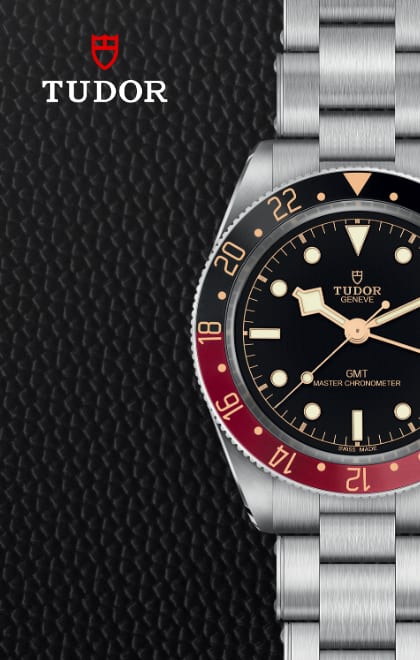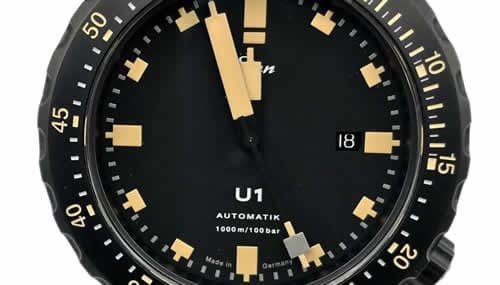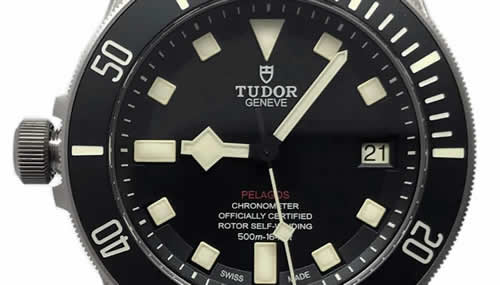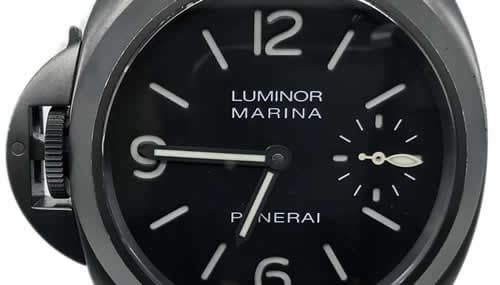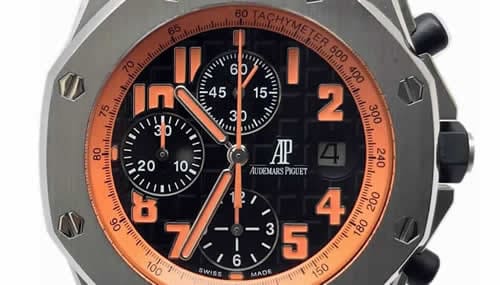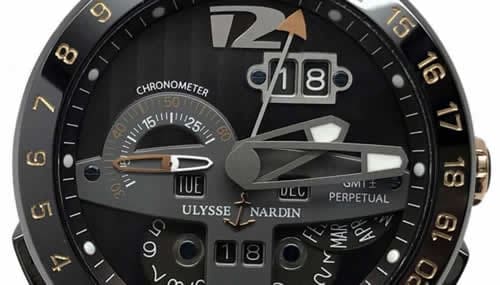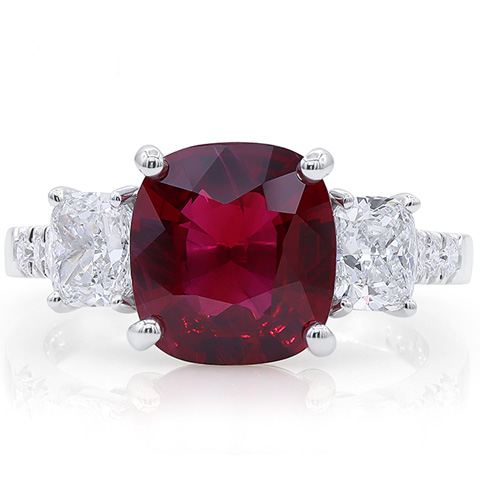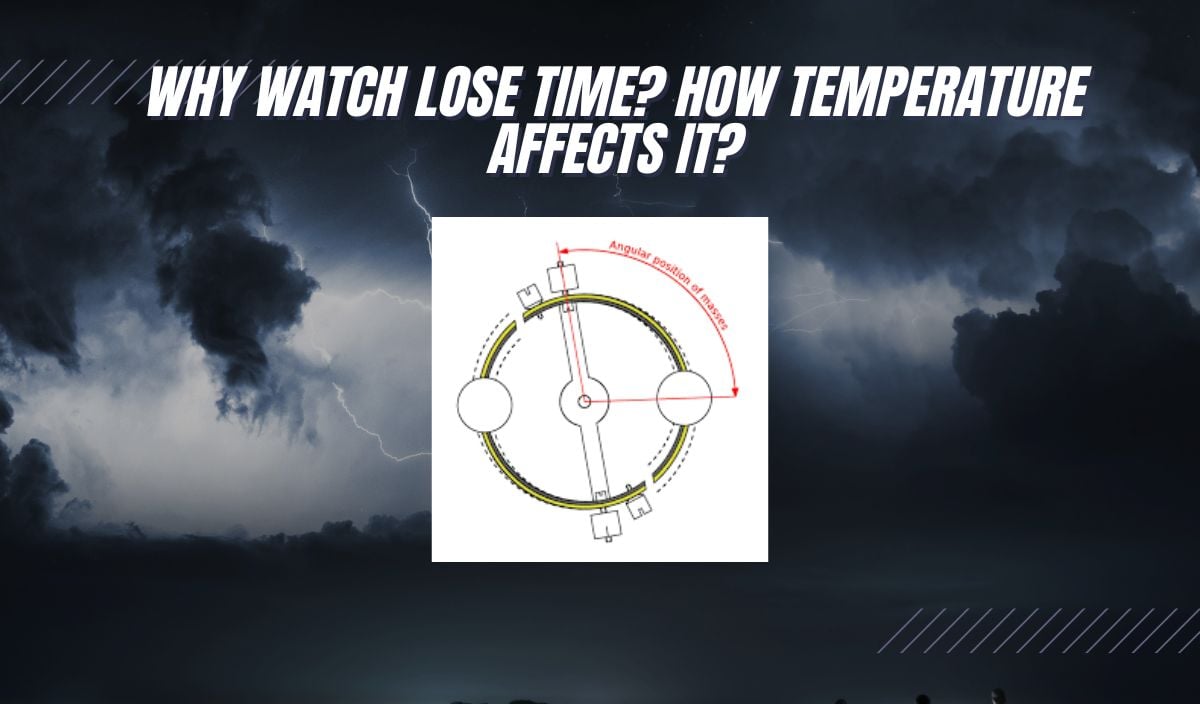
Why Does a Watch Lose Time and How Does Temperature Affect It
Watches are beautiful little things, and we often collect them for a particular reason. Sometimes, we’re fascinated by the design, whether it be an intricately decorated dial or a unique case shape. Other times, it’s the technology inside that fascinates us, like a particular high-end complication or, in some cases, the precision of the movement.
Watch accuracy can be a long, sometimes complex topic to discuss, as so much is involved in determining its precision. Any watch wearer will know that even the most expensive and beautiful watches aren’t always perfectly on time.
Sure, some are close enough, so close in fact that you’ll rarely notice any deviation. But there will always be a few seconds, or even a few minutes lost, depending on the watch in question – and most importantly – the environments it has been exposed to.
It’s why something every watch enthusiast should learn early on is why watches lose time and how some lose time faster than others. In this blog, we’ll be exploring all the different factors that impact a watch’s accuracy, from movement type to the conditions it faces daily.
Do All Watches Lose Time?
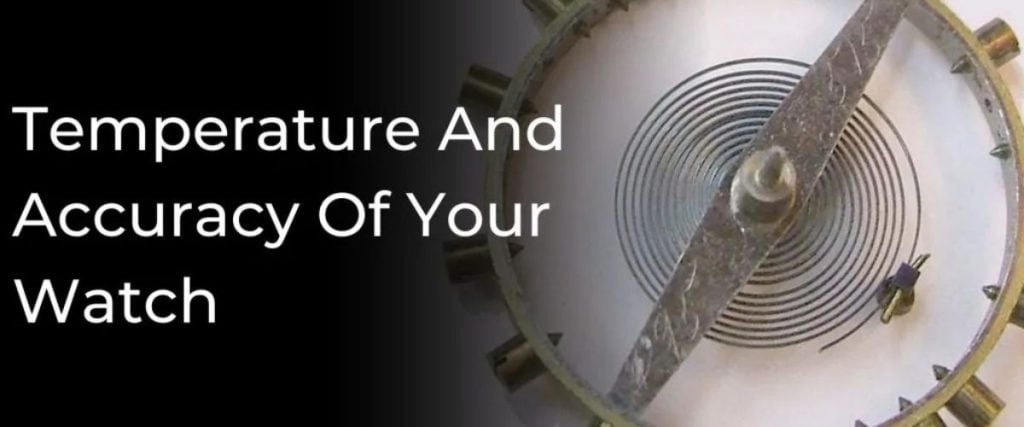
Alright, so it’s time for a little bit of myth-busting. No matter what anyone tells you, all watches lose time. It doesn’t matter whether you’re wearing the world’s most expensive Swiss masterpiece or a basic quartz watch from your childhood; they will all drift from the exact time – just in different ways and amounts.
Quartz watches are typically some of the most accurate of the bunch. These are timepieces that are powered by batteries, and on average, they lose only about 15 to 30 seconds a month.
Thanks to their quartz crystal oscillator, they’re highly resistant to many external factors, so they’re often a popular choice among watch folk who want something reliable and easy to maintain.
Then you have mechanical watches, those incredible high-spec watches with movements made up of lots of tiny gears, springs, and wheels. These components all work together in harmony to keep time.
However, sadly, despite being more technically marvelous than quartz watches, mechanical timepieces tend to lose time more easily due to their complexity. It’s common for a mechanical watch to lose or gain about 5 to 10 seconds a day, though high-end, well-maintained ones might only lose a few seconds.
Those that enjoy the complexity of mechanical watches but still want the best of the best when it comes to precision, there’s a small genre of mechanical watches that are COSC-certified.
COSC-certified watches are tested for accuracy under specific conditions, and only those that meet stringent standards get the certification. A COSC-certified or chronometer mechanical watch is usually accurate within -4 to +6 seconds per day. It’s as close as you’ll get to perfection in the world of mechanical timekeeping.
Finally, we’ll briefly discuss smartwatches. Like quartz watches, these timepieces are powered by a battery, so they are among some of the most accurate wearables. They often also sync with time servers over Wi-Fi or cellular networks, adjusting automatically to maintain accuracy. In other words, a smartwatch won’t lose time unless it’s disconnected for extended periods.
So, while all watches lose time, how much they lose largely depends on the type of watch and its movement. But of course, there are other factors as to why your watch will lose time, too.
Here are some of the main reasons even the world’s most accurate timepiece may begin to lose or gain more time than it promised…
Reasons Why Watches Lose Time
No matter the type of watch, several environmental factors can cause even the best timepiece to stray from perfect accuracy. And while we may not think about these factors every day, they’re constantly at play. The good news? By knowing the most common culprits, you can take simple steps to avoid them, helping your watch stay as precise as possible.
Magnetism
It’s surprising how much magnetic fields can interfere with your watch’s accuracy. We’re always surrounded by magnetic fields without us realizing it. Devices like phones, computers, speakers, and even fridge magnets all have a magnetic charge.
When a mechanical watch encounters a magnetic field, it can cause parts like the balance spring to stick together, which messes up the oscillation and makes the watch run faster or slower.
Most modern watches come with some degree of magnetic resistance, but even so, it’s a good idea to keep them away from strong magnetic fields such as industrial magnets. And if your watch does end up magnetized, don’t worry; a professional watchmaker can usually demagnetize it without much hassle.
Water Damage
Water damage might just be the most common enemy of watch accuracy, even for so-called “water-resistant” watches. If moisture sneaks into a watch, it can corrode the delicate metal parts inside, which may throw off the timekeeping. Not all water-resistant watches are created equal; some can handle a splash, while others can go diving deep under the sea.
Always check your watch’s specific water resistance rating and learn exactly what that means. Just because your watch states “100 meters water resistant” on the dial doesn’t mean it can survive 100 meters of depth. This rating relates to pressure rather than distance.
So, it’s good to learn exactly what your watch can withstand in regard to water before jumping headfirst into a pool. If you do suspect water damage, it’s best to take it in for a check-up to prevent any long-term harm.
Shocks
Accidental bumps, drops, or any kind of physical jolt can disrupt your watch’s timekeeping. Quartz watches generally handle shocks better, as they have fewer moving parts, but mechanical watches have intricate and sensitive mechanisms, so they are more vulnerable.
Sometimes, even the smallest bump on the edge of a door or a fall to the floor can affect your watch’s accuracy. Thankfully, a lot of high-end brands build shock-resistant features into their watches to help with this, but even so, avoiding any hard knocks is the safest approach.
Watch Position
Even the most seasoned watch collectors don’t realize that the position your watch is placed can sometimes affect accuracy. Gravity can affect the movement, especially if a watch sits in one position for long periods. The force of gravity can cause some of the smaller components of the movement to lean and bend just ever so slightly, which in turn can disrupt the movement and cause problems related to precision.
It’s why we encourage so many of our customers to purchase proper watch storage for their timepieces or even use watch winders to keep their timepieces constantly moving. Simple acts like this can help maintain accuracy and keep watches running at near-perfect times.
Temperature
Finally, there is temperature. The temperature to which your watch is exposed can seriously impact its accuracy. It’s one of those silent influencers that we don’t see, but it’s constantly at work. It’s an external factor we want to look at in a little more detail since it can be such a killer in the accuracy department.
How Temperature Affects Your Watch’s Accuracy
Temperature plays a big role in the precision of timekeeping, especially for mechanical watches. For example, heat can make those tiny metal components inside the movement expand, and even the tiniest expansion in the balance spring or gear can throw off the timekeeping mechanism.
Take the balance spring, for example; should this expand, it can slow down the oscillation, which will make the watch lose time. For this reason, if you’re heading to the beach or a warm climate, be aware that your watch might lose a few seconds if exposed to high temperatures for an extended period of time.
Similarly, cold weather can have the opposite effect. Metal contracts in low temperatures, and this can cause certain components to tighten or even shrink slightly, potentially making the watch run faster.
Some high-end watches are specifically designed to handle extreme temperatures and can operate within a particular range, but most everyday watches will show slight fluctuations in very cold weather.
As you’ve probably realized, quartz watches are generally more resistant to everyday influences, which also goes with temperature. But they’re not immune. In high temperatures, the quartz crystal can oscillate slightly slower, affecting accuracy.
Similarly, at low temperatures, the crystal might oscillate faster. While this effect is small, quartz watches may still lose or gain a few seconds per month in extreme temperatures. However, some quartz watches have thermocompensation, which adjusts for temperature variations and ensures a more consistent timekeeping experience.
Some watchmakers have also tried to tackle temperature issues related to mechanical watches by using different materials or specialized mechanisms.
For example, some luxury watch manufacturers like Omega use bimetallic balance wheels, which are designed to counteract temperature-induced expansion or contraction. These watches are more likely to maintain accuracy even in fluctuating temperatures, but they’re rare and typically come with a higher price tag.
So yes, temperature does impact a watch’s performance, but the extent varies greatly depending on the type of watch and how it’s built. While modern watches are more resistant to temperature changes than ever before, they’re not immune.
If you’re planning to wear a watch in extreme conditions, it’s worth choosing one specifically designed for such situations or at least knowing what to expect.
Conclusion
In the end, no watch keeps perfect time forever. Whether it’s a mechanical marvel or a trusty quartz watch, timepieces are bound to lose or gain a little time over the years. Everything from magnetism and shocks to temperature can play a role in a watch’s accuracy, sometimes in ways we barely notice.
But understanding why watches lose time can give you a greater appreciation for the craft and complexity of watchmaking. And if precision is what you’re after, consider looking for COSC-certified or temperature-compensated watches. These innovative designs are as close to perfect as you can get in the world of timekeeping.
But honestly, nothing is perfect, and that’s part of what makes watch collecting fun. I always say you deserve to embrace the quirks of your watch since it’s part of what makes each one unique.
And don’t forget, if you’re truly concerned about the accuracy of your timepiece and notice it’s losing or gaining more time than usual, pop into your local jeweler. They can check for any underlying issues, like magnetization, wear in the movement, or water damage, and make adjustments to bring your watch back to peak performance. Regular check-ups are so important, as they’ll keep your watch running smoothly and accurately for years to come.
About Exquisite Timepieces
Established in 1998, Exquisite Timepieces is your one-stop shop for all things luxury watches! We are an authorized dealer for 60+ luxury watch brands including Omega, Hublot, Seiko, & Longines! We are proud to showcase one of the world’s largest pre-owned watch collections, including renowned brands like Rolex and Patek Philippe. Check out our brand new watch arrivals here and popular pre-owned listings here.


